Press Release
Observation of spin-orbital correlation in frustrated magnet of honeycomb-based copper oxide
July 3, 2013
Osaka University, Japan
High Energy Accelerator Research Organization (KEK), Japan
The University of Tokyo, Japan
Under the leadership of WAKABAYASHI Yusuke, Associate Professor, Division of Materials Physics, Materials Engineering Science, Graduate School of Engineering Science, Osaka University, and NAKATSUJI Satoru, Associate Professor, The Institute for Solid State Physics, The University of Tokyo, a group of researchers from the two above-mentioned universities, Japan Synchrotron Radiation Research Center, and Riken SPring-8, successfully observed for the first time, in honeycomb-based copper oxide (Ba3CuSb2O9), a state in which spin and orbital degrees of freedom are entangled in a quantum-mechanical manner.
Using diffuse X-ray scattering at the synchrotron radiation research facility, Photon Factory (PF) in the High Energy Accelerator Research Organization (KEK), this group observed that copper ion's orbitals formed order only in a short range.
This group found in studying and comparing copper's temperature dependency with magnetism the state in which spin and orbital degrees of freedom were entangled.
This state is significantly different from the ordinary state in which orbitals are ordered at high temperature and magnetism is ordered at a low temperature in accordance with the environment.
Geometric structures such as honeycomb-based structures are not able to form an ordered configuration, instead creating a frustrated magnet which remains disordered to the lowest temperatures. Theoretically, it is expected that such an unusual state will be generated in such materials.
This group identified one of new phases experimentally. Such new quantum phases may have new physical properties and functions. The clarification of such physical properties and functions is expected.
Abstract
At low temperatures, atomic magnetic moments usually exhibit some order, for example ferromagnetic order. An exception is frustrated magnets, in which the symmetry impedes the minimization of energy by pairwise magnetic interactions. In such frustrated magnets, new quantum phases, such as spin liquids, are expected. Theoretically, a quantum liquid based on the orbital degree of freedom has also been considered possible when spin and orbital degrees of freedom are entangled. However, to date, experimental observation of such a dynamic spin-orbital state has been a challenge. Here we report an X-ray scattering study of a dynamic spin-orbital state in the frustrated magnet Ba3CuSb2O9. Orbital dynamical motion and increasing short-range orbital correlation with cooling are observed. The most significant feature is that the temperature variation of the orbital correlation is clearly affected by the magnetic interaction. This finding strongly supports a new quantum state in which spins and orbitals are entangled.
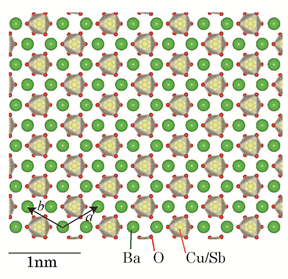
Figre. 1
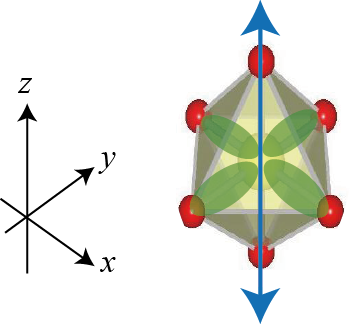
Figre. 2
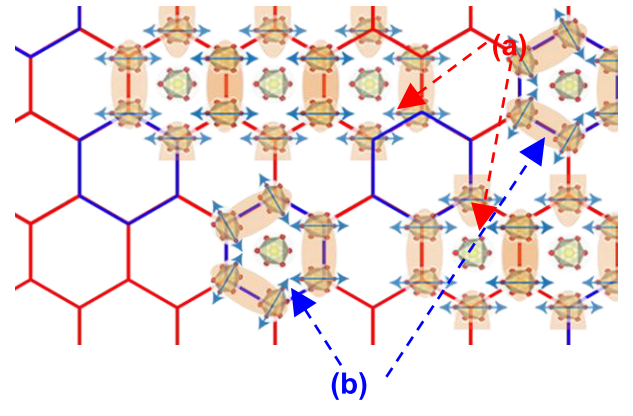
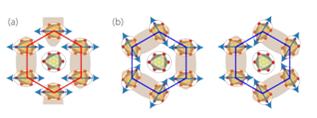
Figre. 3
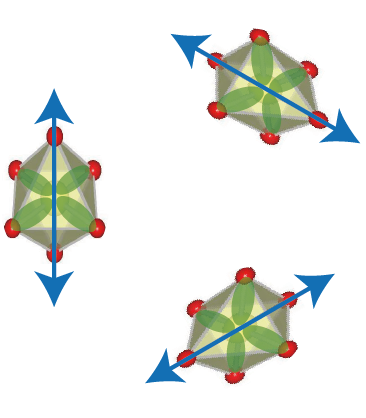
To learn more about this research, please read the full research report entitled "Dynamical spin-orbital correlation in the frustrated magnet Ba3CuSb2O9" at this page of the Nature Communications website.
Media Contact
Public Relations Office, High Energy Accelerator Research Organization (KEK), Japan
TEL: +81-29-879-6047
FAX: +81-29-879-6049
E-mail: press@kek.jp